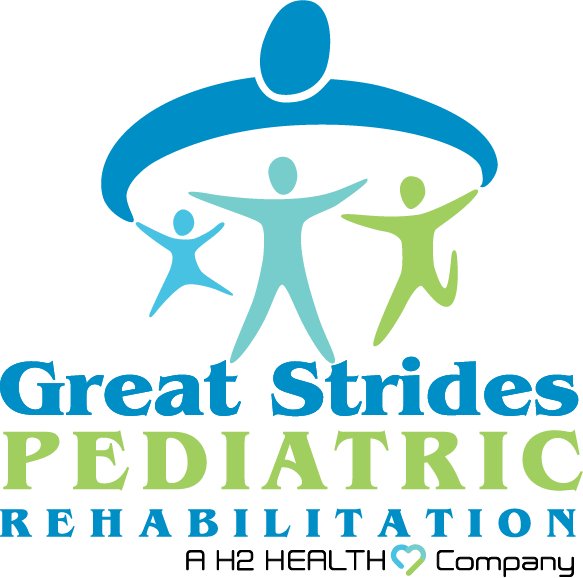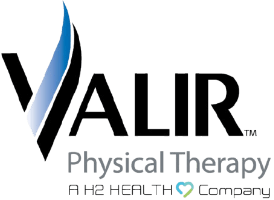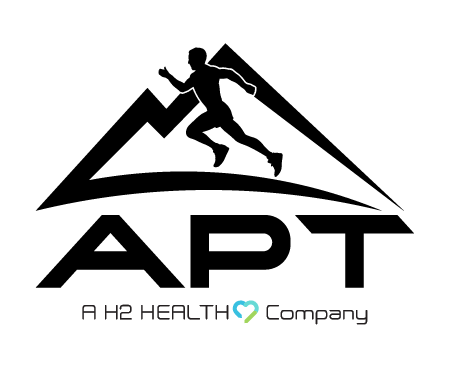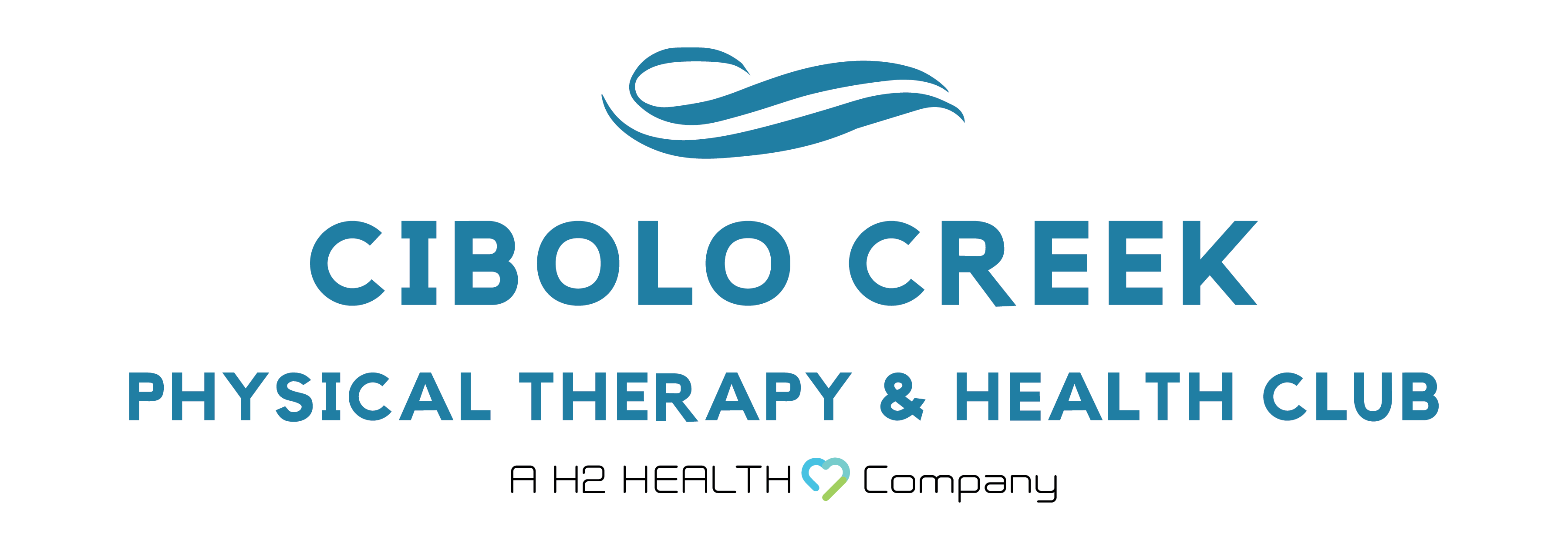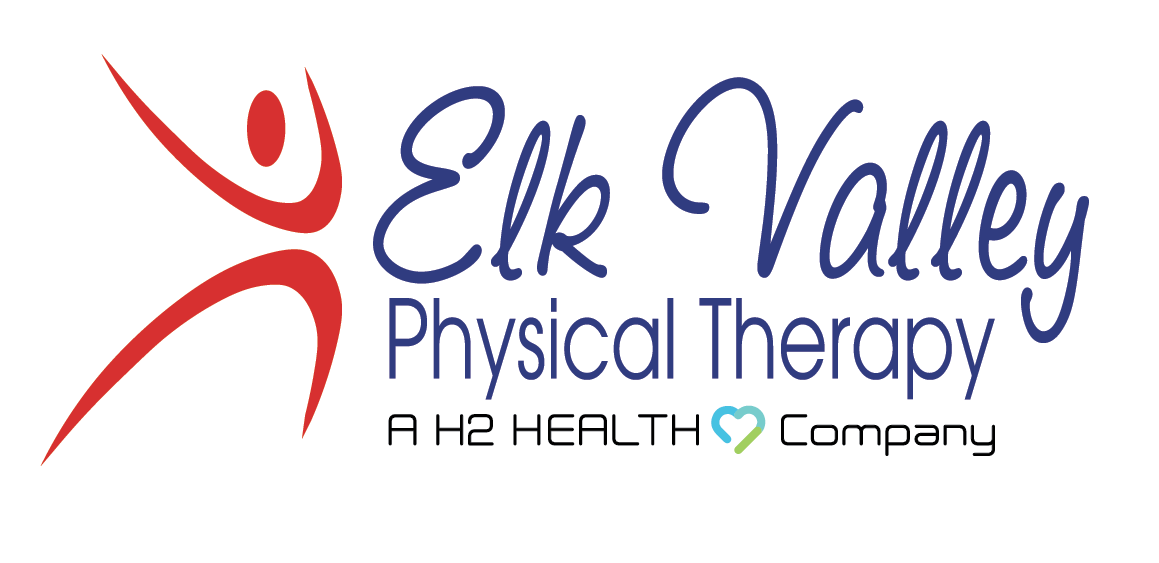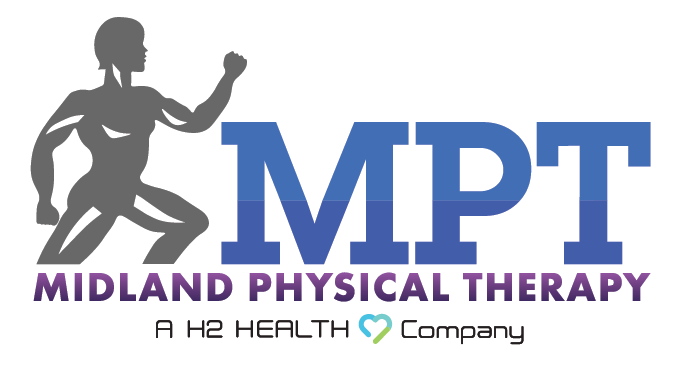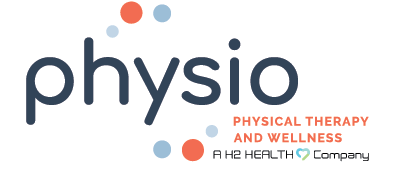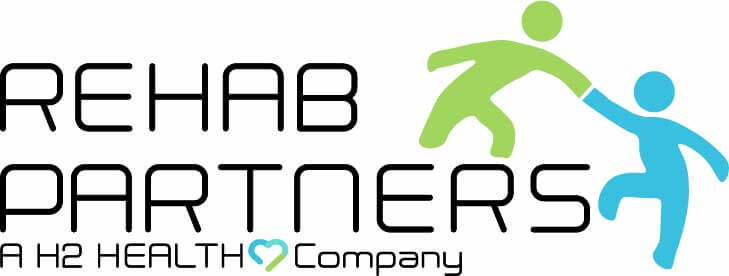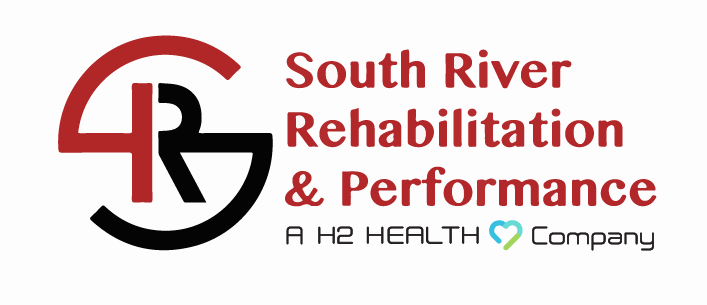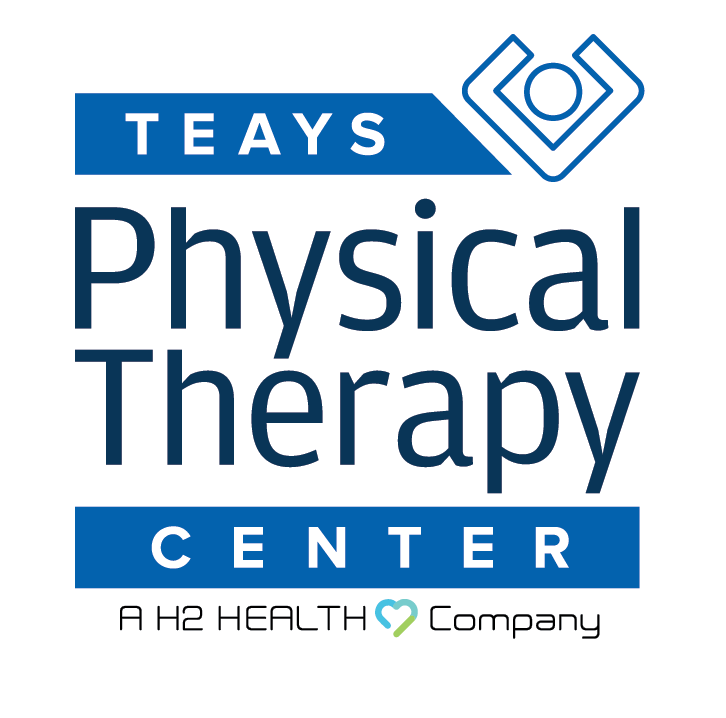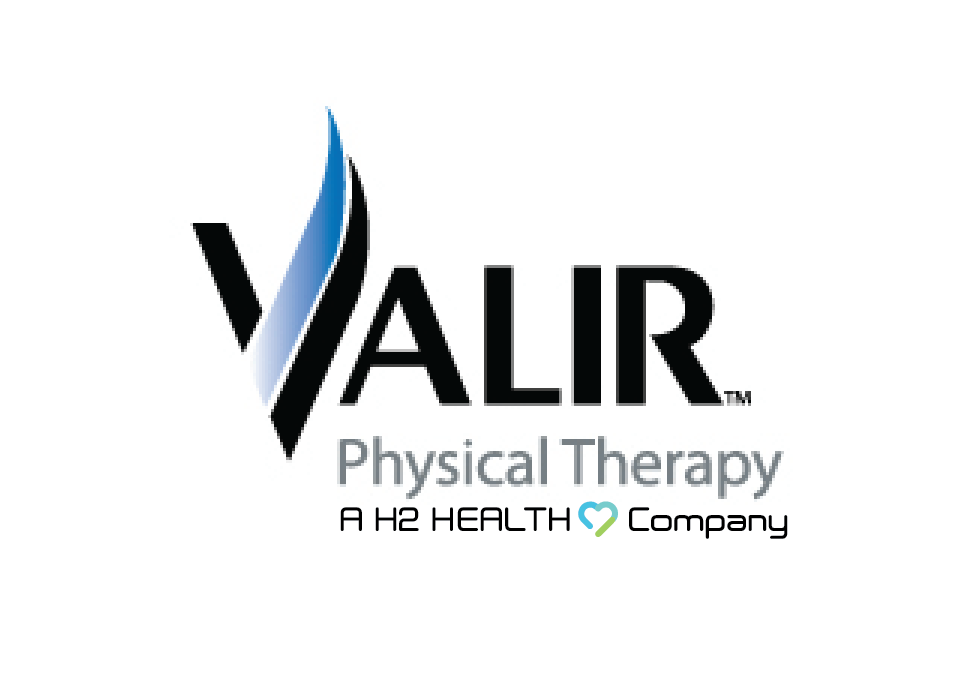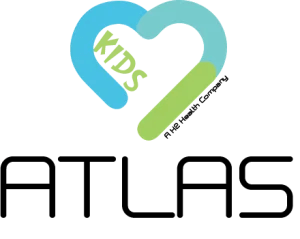Pediatric Speech Therapy
When children struggle to communicate, it can affect their confidence, relationships, and overall development. At our Paducah, KY clinic, our pediatric speech therapy team helps children overcome speech and language challenges so they can express themselves clearly and thrive in their daily environments.
Our pediatric speech therapy team is trained to support multiple areas of development, including communication, play, feeding, sensory needs, and motor skills. With a child-centered approach and family involvement at every step, we help your child build the communication skills they need for school, friendships, and everyday life.
Atlas Kids Pediatric Therapy offers comprehensive services to help your child with every aspect of development. Learn more about pediatric speech therapy in Paducah, KY, what to expect from therapy, and provide your kiddo started with the best childhood experience!
What Does Pediatric Speech Therapy Help With?
Our speech-language pathologists provide individualized care for a wide range of developmental and communication needs, including:
- Articulation and speech sound production
- Auditory processing skills
- Oral-motor and mechanical feeding support
- Speech fluency and voice concerns
- Listening and comprehension abilities
- Expressive language development
- Social communication and pragmatic language
- Feeding, chewing, and oral-motor coordination
- Training and support for augmentative and alternative communication (AAC) devices
How To Know if Speech Therapy is Appropriate
If you're unsure whether your child might need speech therapy, there are several developmental cues that can help you decide when it’s time to seek support. While every child grows at their own pace, the following signs may indicate that a consultation with a pediatric speech therapist could be beneficial:
- Difficulty producing certain sounds: If your child consistently struggles with sounds like “s,” “r,” or other consonants, it may signal a speech sound disorder that a therapist can help improve.
- Delayed early language milestones: Children develop language at different speeds, but if your child is noticeably behind peers in speaking their first words or forming simple phrases, an evaluation may be helpful.
- Frequent use of vague or general words: When a child regularly substitutes specific vocabulary with terms like “that one” or “thing,” it may suggest challenges in building their expressive language skills.
- Trouble understanding or following directions: If simple instructions are hard for your child to process or carry out, it could reflect receptive language difficulties.
- Frustration or withdrawal during communication: Children who have a hard time expressing themselves may avoid social interaction or become visibly upset. Speech therapy can help reduce frustration by giving them the tools to communicate more confidently.
What to Expect
Children participating in pediatric speech therapy take part in engaging, age-appropriate activities that help build stronger communication skills. Sessions often include practicing specific sounds, expanding vocabulary, learning to follow multi-step directions, and developing conversational turn-taking. Therapists also focus on nonverbal communication, helping children recognize and use gestures, facial expressions, and body language to support clearer communication.
Therapists provide ongoing encouragement and real-time feedback, allowing children to steadily improve their skills and grow more confident in how they express themselves. Many parents want to know what those first sessions will look like. Here’s a general outline of what you can expect when starting pediatric speech therapy:
- Initial parent conversation: We’ll talk with you about your child’s development, medical history, communication concerns, and any behaviors you’ve noticed at home or school.
- Observation and play-based interaction: The therapist will spend time watching how your child talks, listens, plays, eats, or participates in simple tasks. This helps identify strengths and areas that may need support.
- Goal setting: After gathering information, the therapist collaborates with you to determine meaningful, achievable goals for therapy.
- Individualized treatment plan: A custom plan is created based on your child’s needs. Sessions may include hands-on activities, structured exercises, games, or specialized tools. Parents also receive guidance on how to support communication practice at home.
The first few sessions help lay a strong foundation for the rest of your child’s therapy journey. By the end of the evaluation period, you’ll have a clear understanding of recommended goals, how therapy will work, and what progress may look like.
We’re always available to answer questions and guide you through each step. When you’re ready, you can visit the Paducah location closest to you to get started with pediatric speech therapy.

